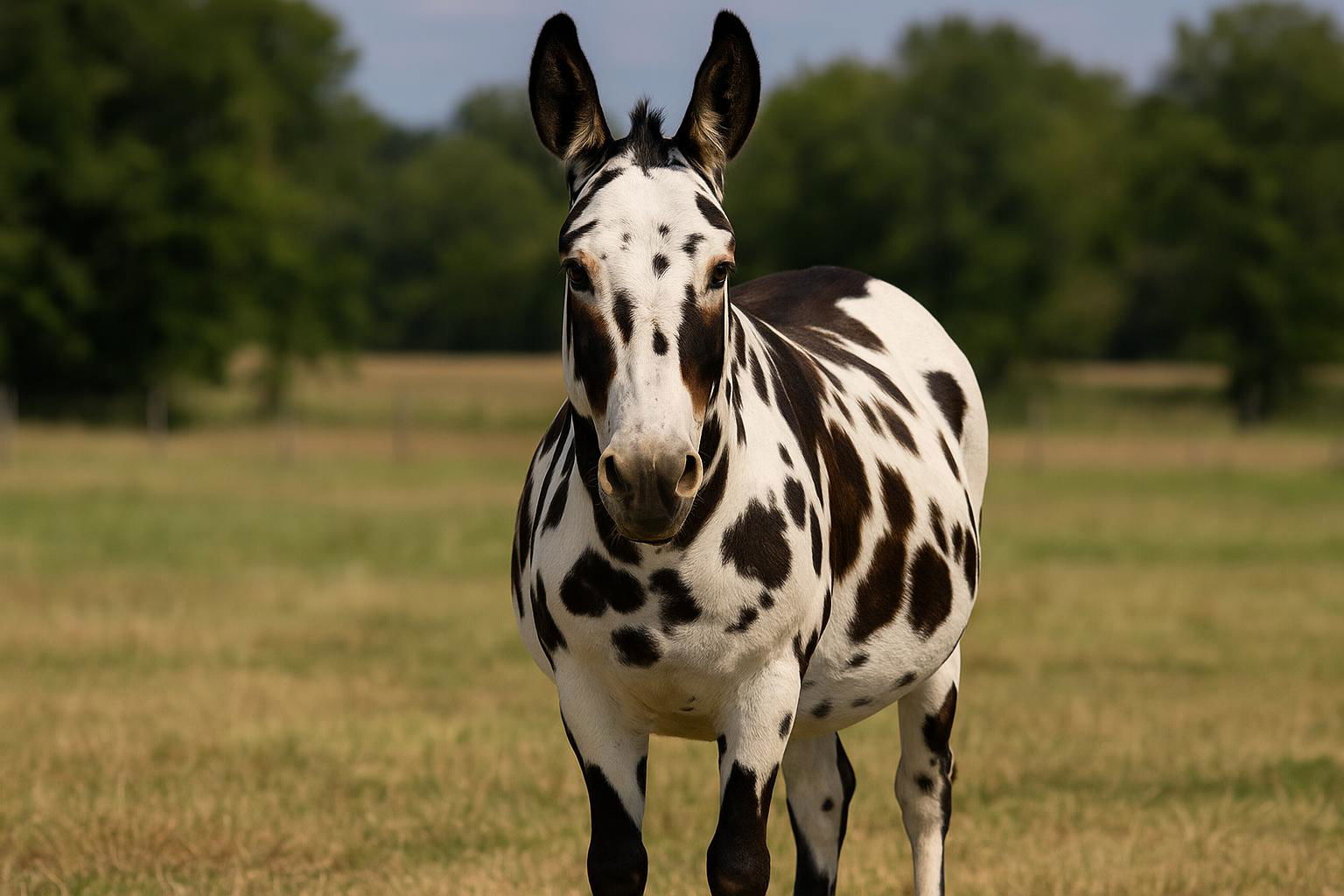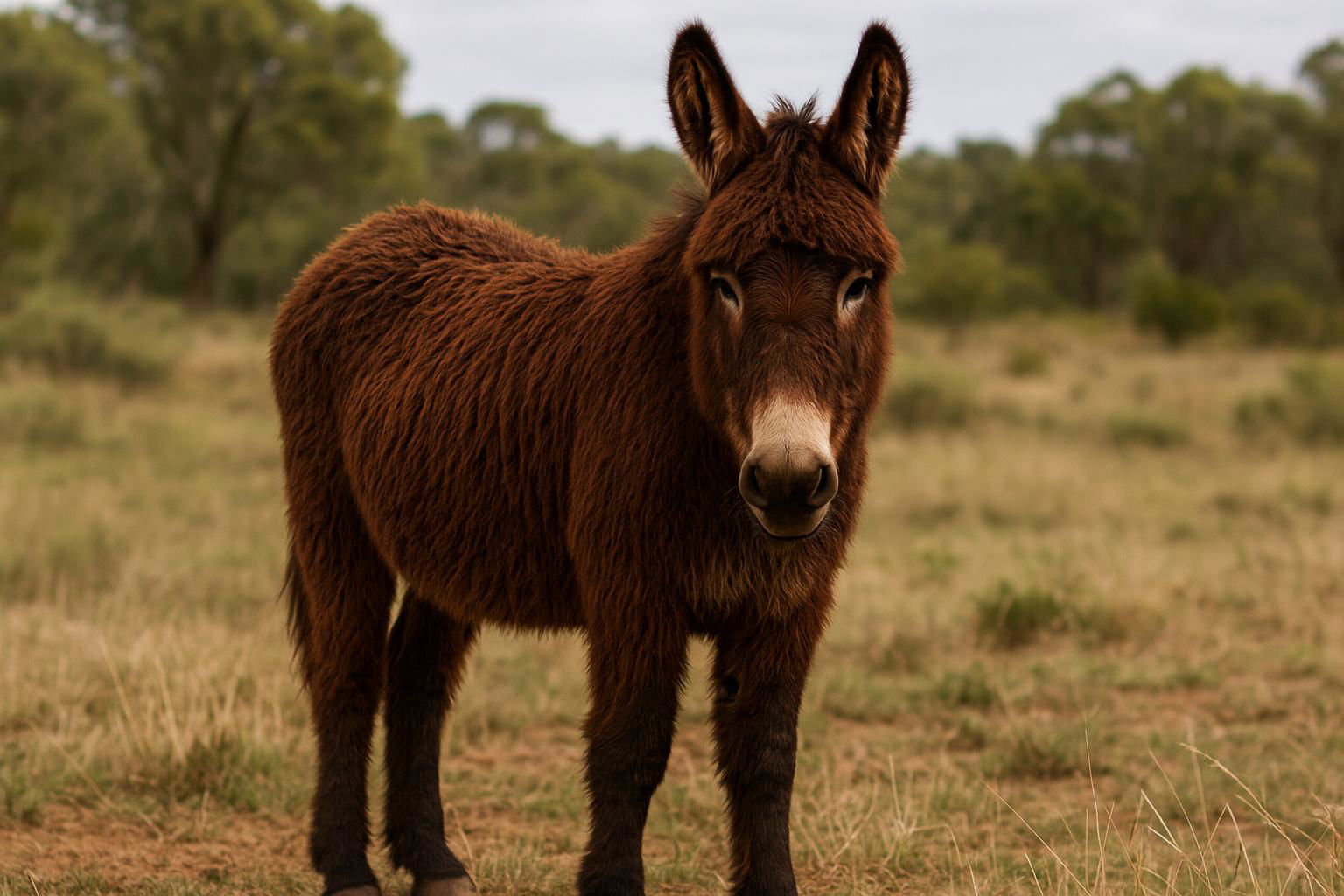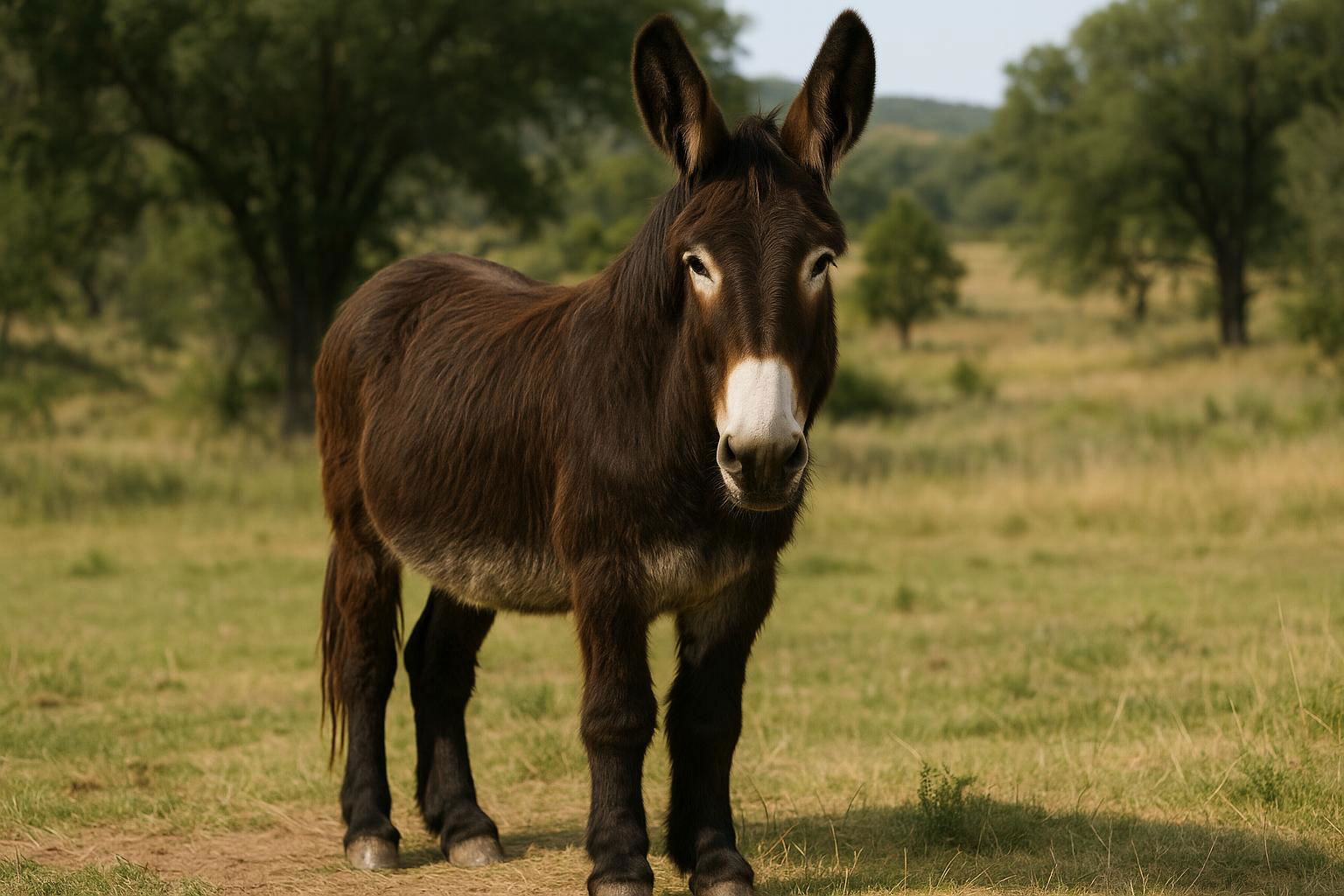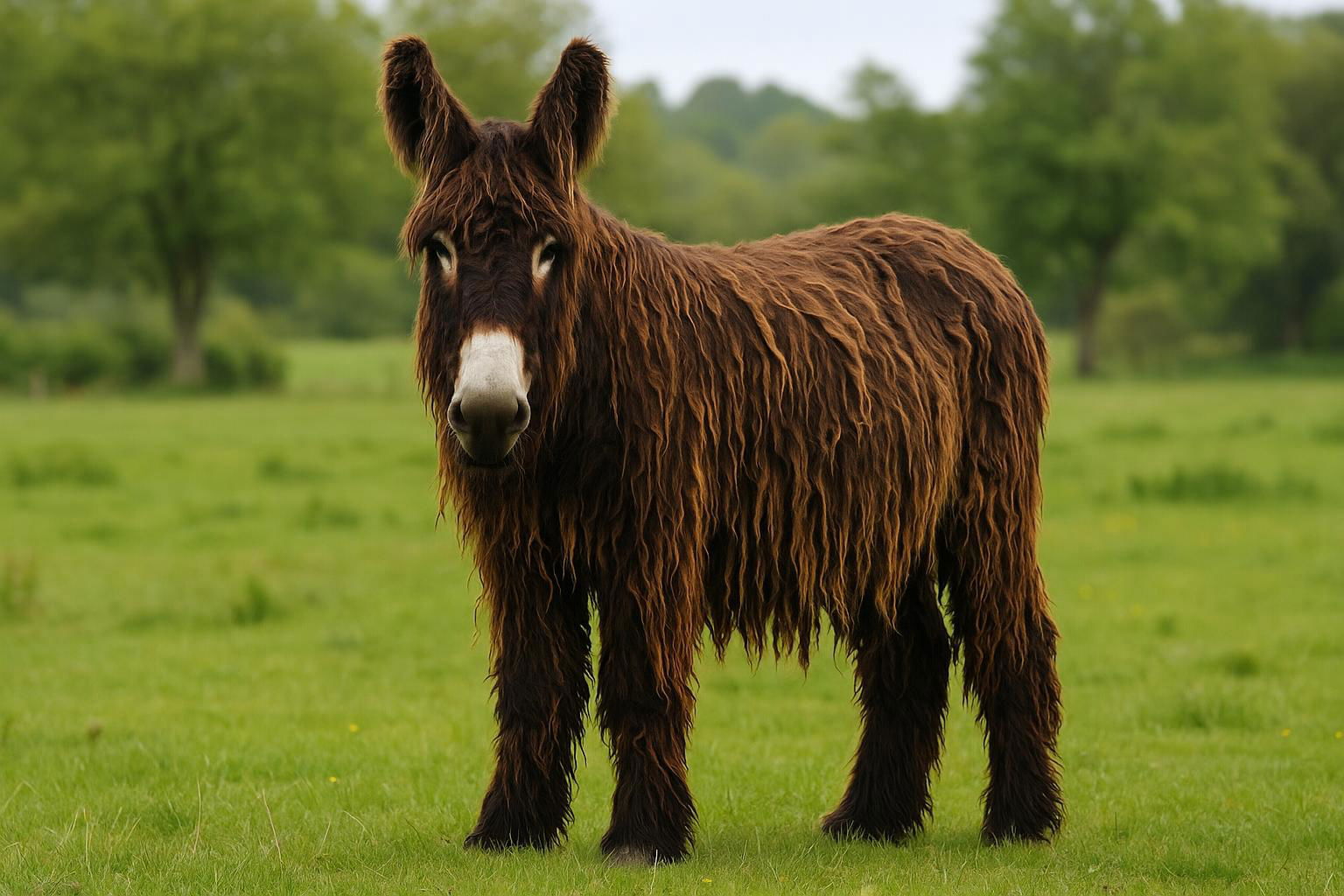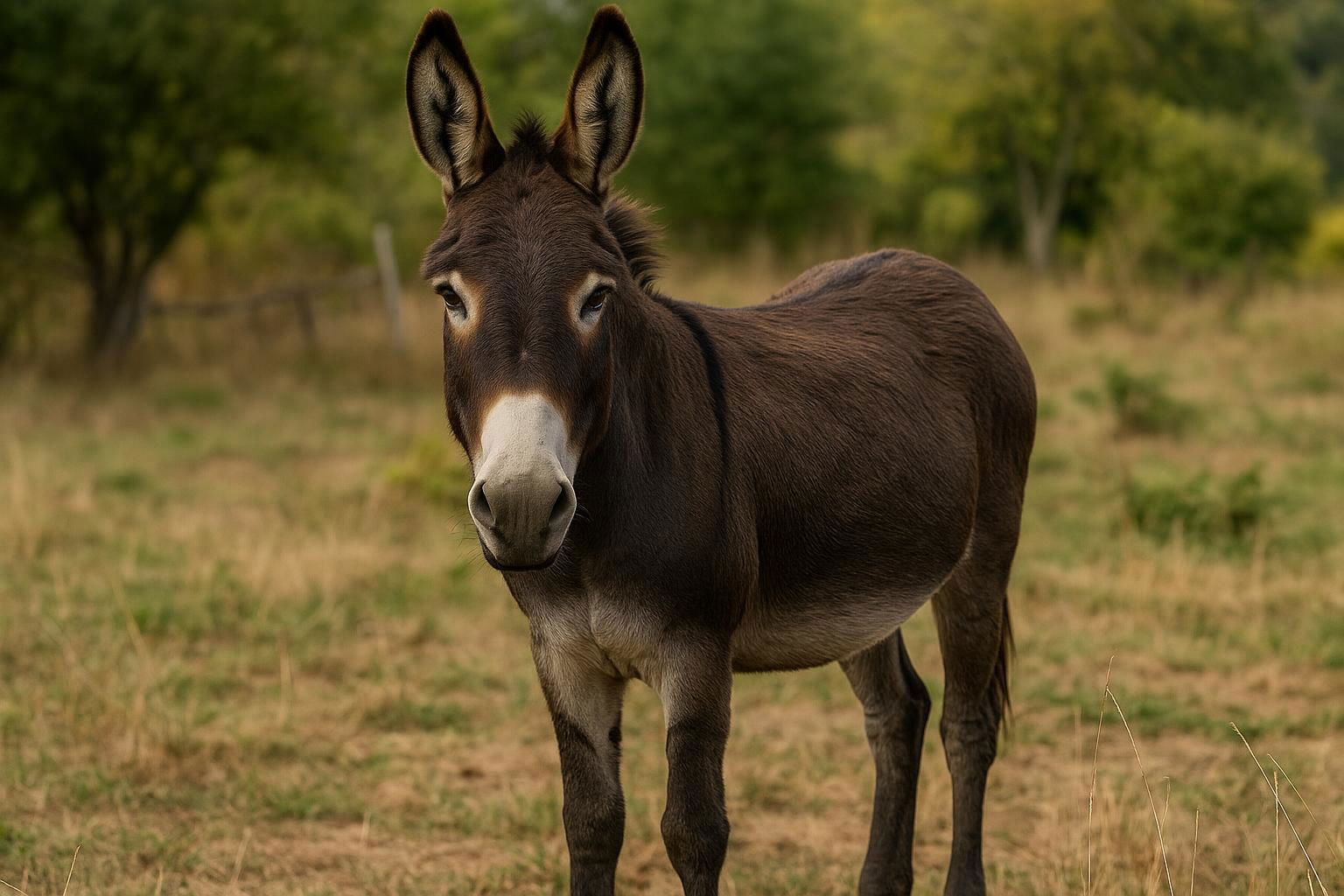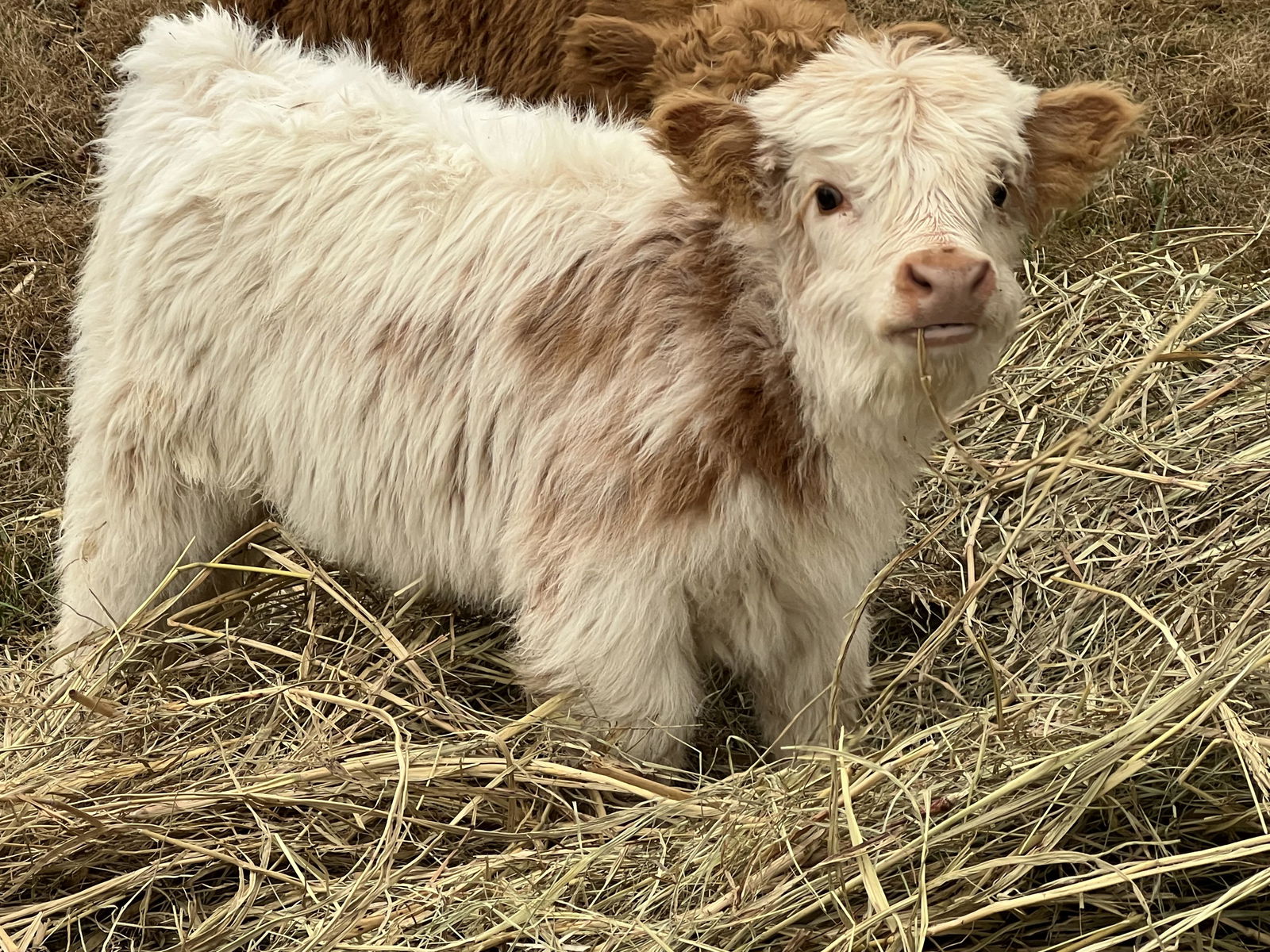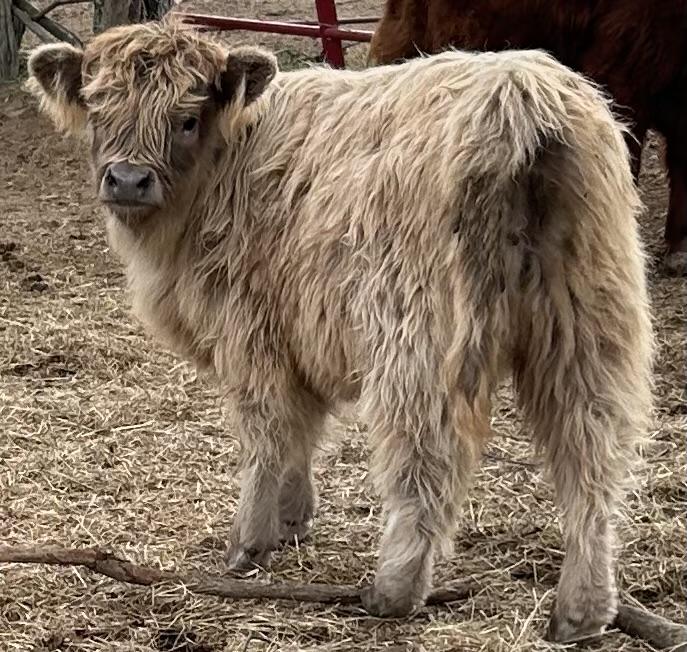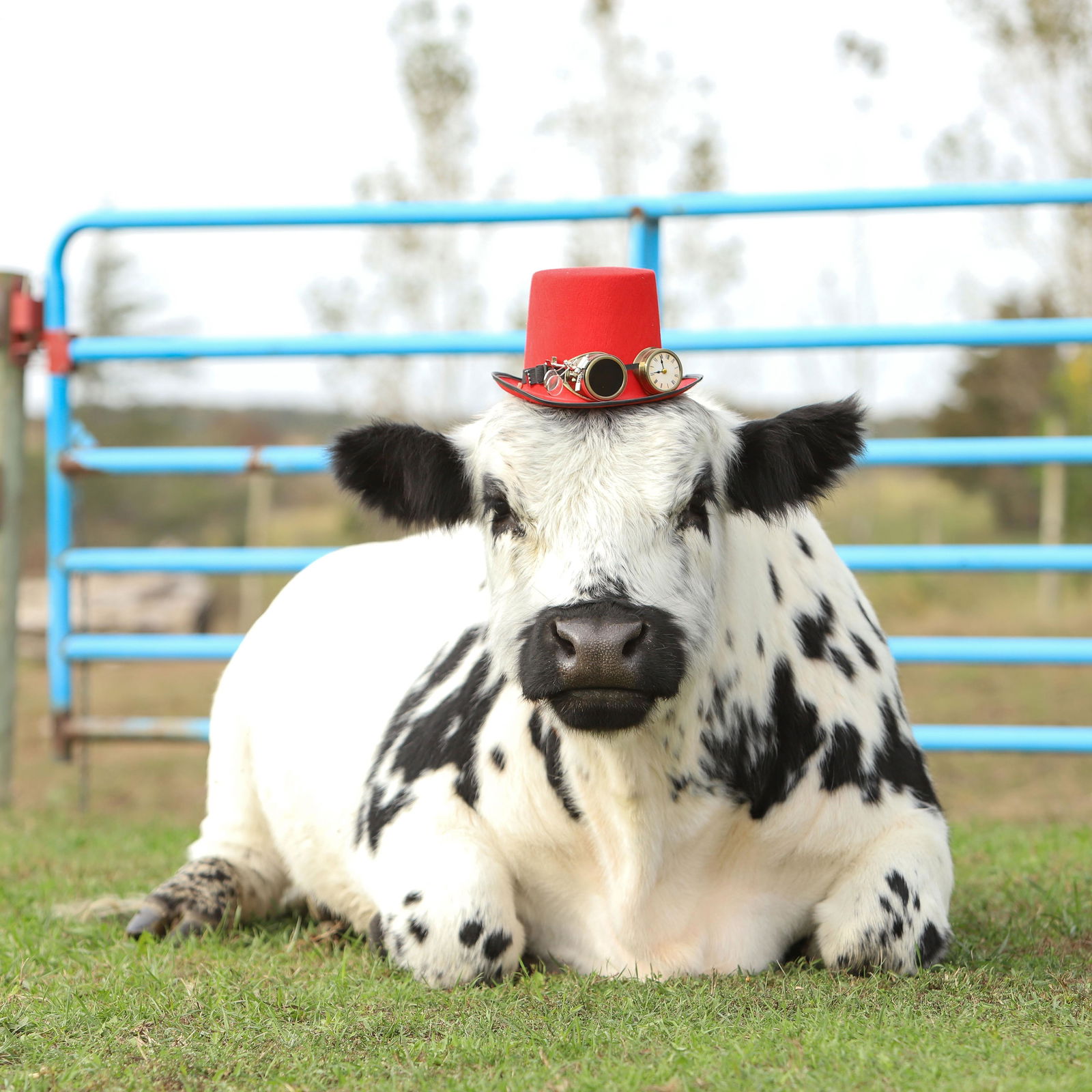
Donkey
Equus asinus
The donkey, scientifically known as Equus asinus, is a domesticated member of the horse family, Equidae. Renowned for its surefootedness and hardy nature, the donkey is a versatile and invaluable companion for work, especially in rural and mountainous regions. Originally native to the deserts of North Africa and the Arabian Peninsula, donkeys have been domesticated for over 5,000 years and have spread globally, adapting to various climates and terrains. Donkeys are characterized by their long ears, which enhance their hearing and help dissipate heat, making them well-suited for arid environments. They typically have a gray or brown coat, but variations exist, including black and white. Standing 90 to 140 centimeters at the shoulder, they are smaller than horses and have a more robust build. Known for their intelligence and cautious disposition, donkeys are less likely to panic than horses, often evaluating situations before responding. Social animals like their relatives, donkeys form strong bonds with each other and humans. In addition to their roles as pack animals, donkeys contribute to agricultural activities and have gained popularity for their gentle nature as companion animals and in animal-assisted therapy.
View 180 donkey breeders in the Creatures breeders directory.

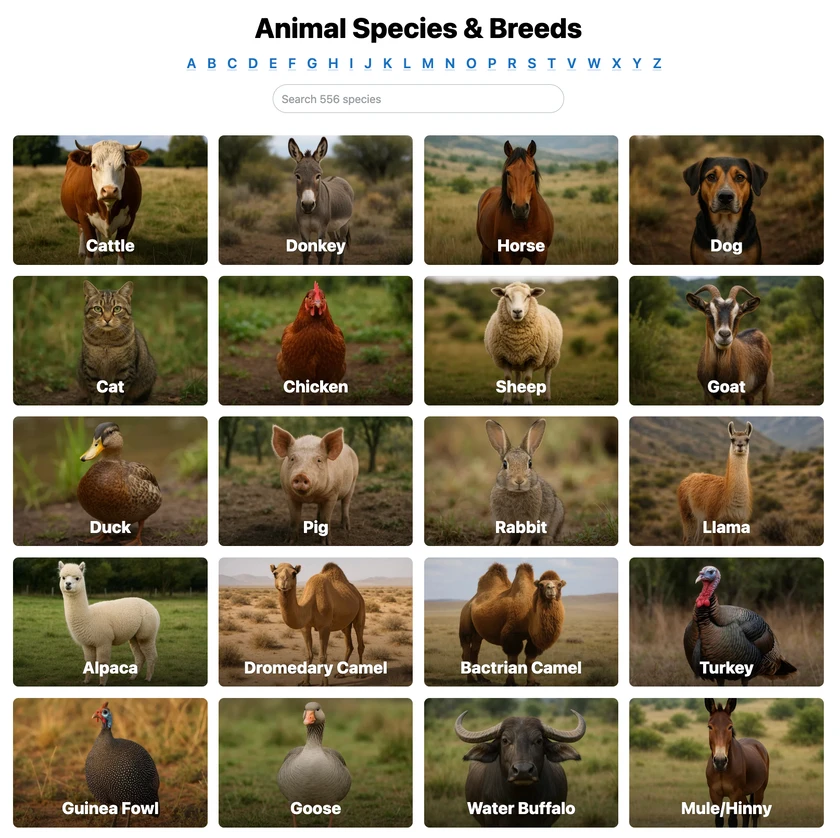 All Species & Breeds
All Species & Breeds
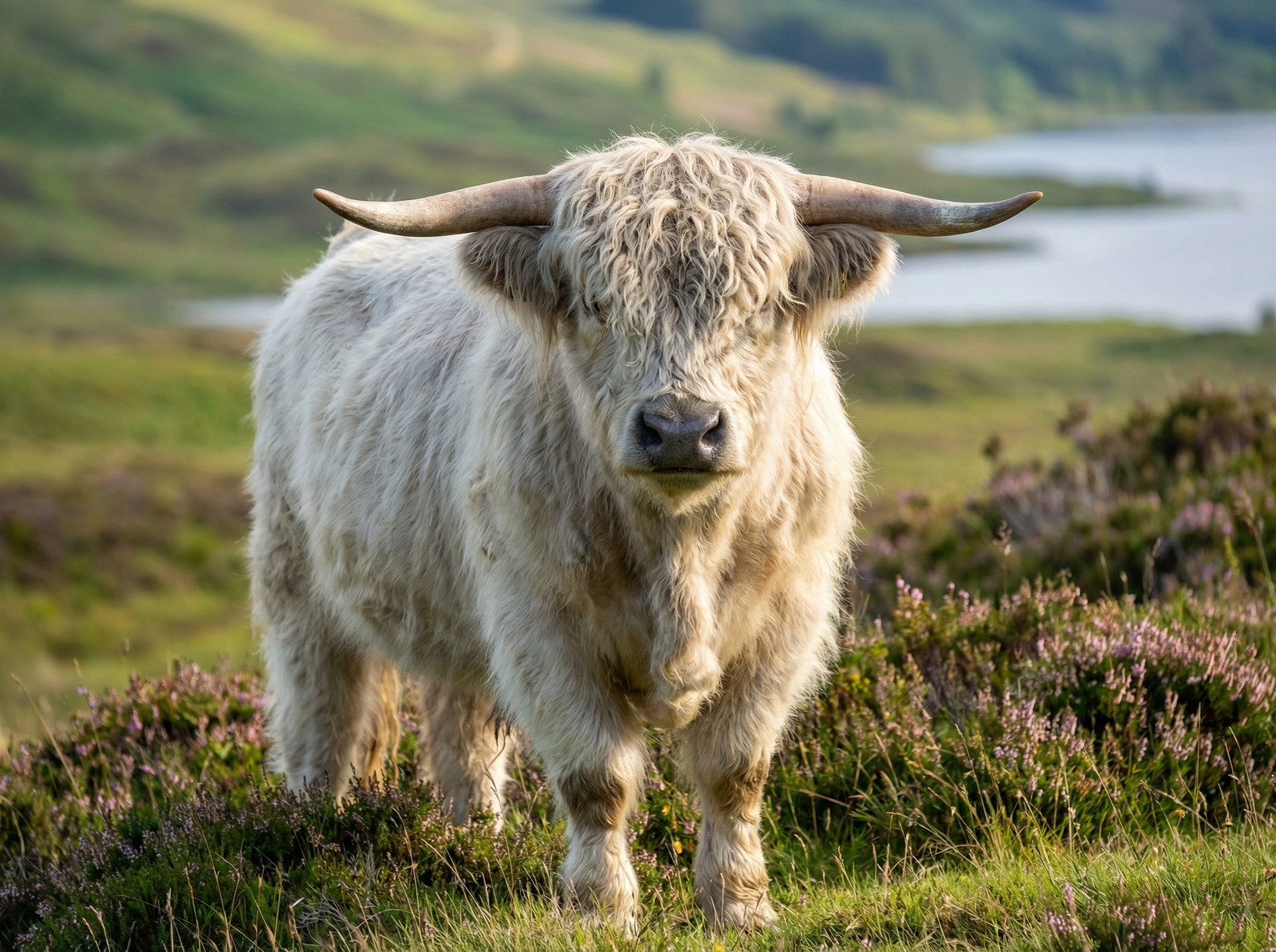 Highland Cattle
Highland Cattle
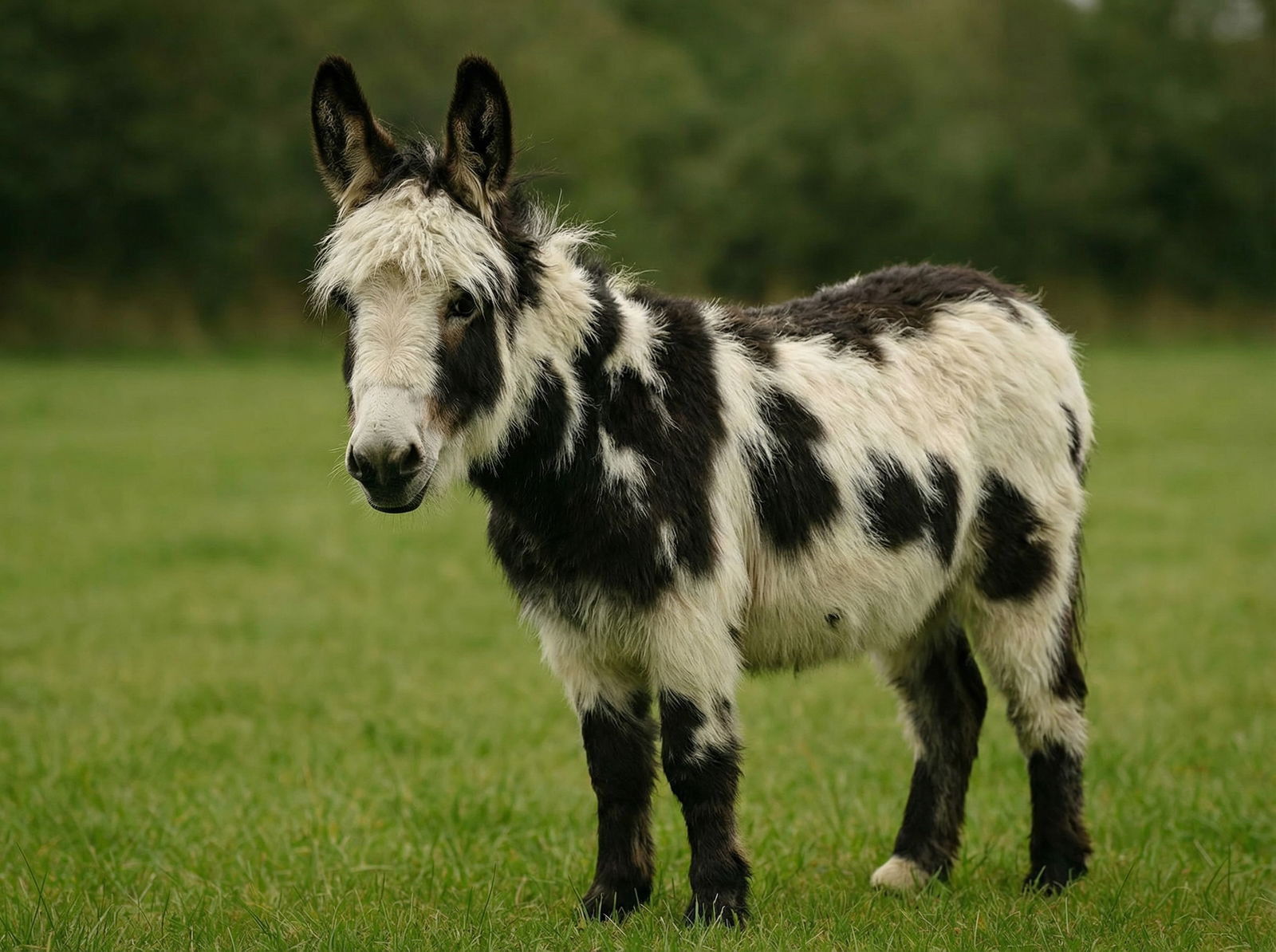 Miniature Donkeys
Miniature Donkeys
 All Species Directory
All Species Directory
 Highland Cattle in Virginia
Highland Cattle in Virginia
 Miniature Donkeys in Texas
Miniature Donkeys in Texas
